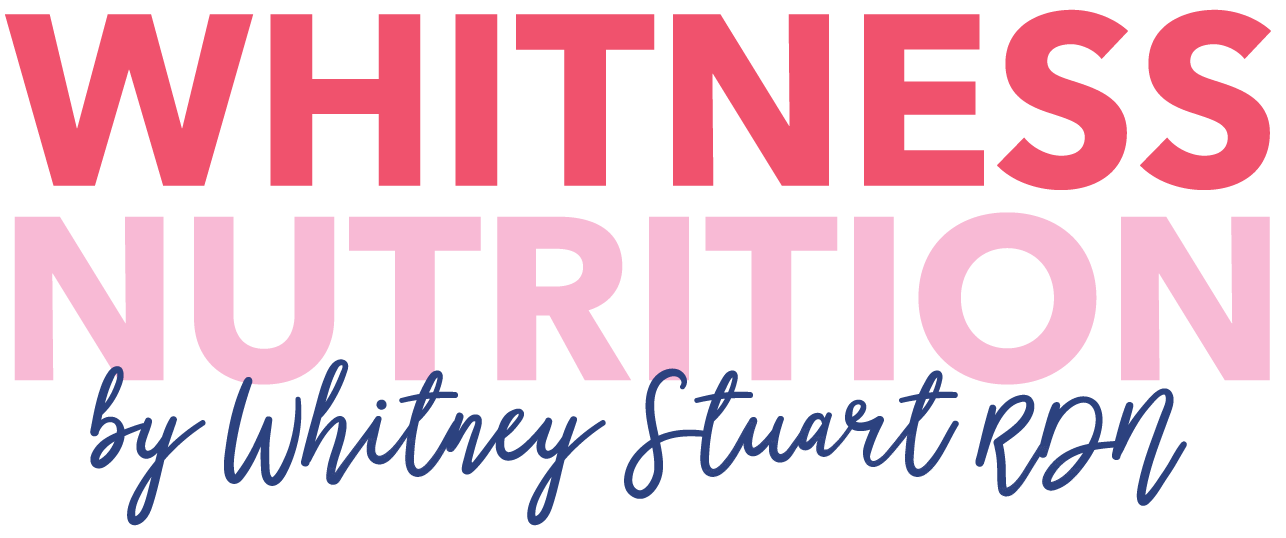Four ways to improve metabolism; according to a dietitian
Four ways to improve metabolism
Improving metabolism is essential for overall health and weight management. There are several lifestyle changes and habits that can help boost metabolism naturally. In this blog post, we will discuss some effective ways to improve metabolism from a dietitian and diabetes educator.
Improving metabolism requires a combination of healthy eating, regular exercise, stress management, and adequate hydration. By making small, sustainable changes to your lifestyle, you can boost your metabolism and improve your overall health and well-being. Start incorporating these tips into your daily routine and watch as your metabolism improves.
Improving metabolism is crucial for maintaining overall health and achieving weight management goals. It’s not just about burning calories; it’s about optimizing the body’s processes for efficient energy utilization. Fortunately, there are various lifestyle adjustments and habits that can naturally enhance metabolism, promoting better health outcomes in the long run. Let’s delve into each aspect further:
1. Eat a balanced diet
Focusing on whole foods forms the foundation of a healthy diet. These foods are rich in essential nutrients, fiber, and antioxidants, which support metabolic function and overall well-being. Incorporating protein-rich foods into meals and snacks helps promote satiety, preserve lean muscle mass, and optimize metabolic rate, as protein requires more energy to digest compared to carbohydrates or fats. Including healthy fats, such as those found in avocados, nuts, and olive oil, is vital for hormone production, cell membrane integrity, and absorption of fat-soluble vitamins. Moreover, staying adequately hydrated supports digestion, nutrient absorption, and metabolic processes.
2. Exercise regularly
Strength train on a regular basis to become comfortable with basic lifts and build muscle. Muscle tissue is metabolically active and requires energy to move. The more muscle you build, the more metabolically active your body will be, which keep your metabolism running efficiently and utilizing the calories that you consume. Aim for 3 days a week of strength training resisitance type exercises, minimum. This wll also help build balance and your body density for healthy aging.
Incorporating exercises like high-intensity interval training (HIIT) can further boost metabolism by enhancing calorie burn during and after workouts. Additionally, staying active throughout the day by incorporating movement into daily routines, such as taking the stairs or going for short walks, can contribute to overall calorie expenditure. Aim for 70000 to 10000 steps per day outside of your planned workouts.
Don’t forget that prioritizing sufficient sleep is essential for muscle recovery, hormone regulation, and overall metabolic health.
3. Manage stress levels
Chronic stress can negatively impact metabolism by disrupting hormone balance and promoting unhealthy coping behaviors like emotional eating or sleep disturbances. Practicing mindfulness and relaxation techniques, such as deep breathing exercises or meditation, can help mitigate stress and promote a calmer physiological state. Adequate sleep is crucial for stress management, as it allows the body to recover and recharge. Prioritizing self-care activities, such as hobbies, socializing, or engaging in enjoyable leisure pursuits, can also help reduce stress levels and improve overall well-being. Seeking professional help from a therapist or counselor may be beneficial for individuals struggling to manage chronic stress effectively.
Slow down as you eat. eat in a peaceful state. allow ten-20 minutes for a meal.
4. Stay hydrated
Hydration plays a significant role in metabolic function and overall health. Drinking plenty of water throughout the day supports cellular hydration, nutrient transport, and waste removal processes. Limiting consumption of sugary beverages, which can contribute to excess calorie intake and metabolic dysfunction, is important for maintaining metabolic health. Additionally, incorporating hydrating foods like fruits and vegetables, which have high water content and are rich in vitamins, minerals, and antioxidants, can help meet hydration needs while supporting overall health. add mineral support in the form of sea salt, potassium rich produce, magnesium (I get it in my Relyte electrolyte or in this form).
In conclusion, improving metabolism involves adopting a holistic approach that encompasses healthy eating, regular exercise, stress management, and adequate hydration. By making gradual, sustainable changes to daily habits and routines, individuals can optimize their metabolic function and enhance their overall health and well-being over time. Start incorporating these evidence-based tips into your lifestyle today and experience the positive impact on your metabolism and overall health.
In summary, the ultimate metabolic health checklist is as follows:
- Incorporate strength training
- Do high-intensity interval training (HIIT)
- Stay active throughout the day
- Get enough sleep to support recovery
- Drink plenty of water throughout the day
- Limit sugary beverages
- Incorporate hydrating foods like fruits and vegetables
- Practice mindfulness and relaxation techniques
- Get enough sleep
- Prioritize self-care activities
- Focus on whole foods
- Incorporate protein-rich foods
- Include healthy fats in your diet
- Stay hydrated
Start with these actions to see a big shift in your health. If you’d like to take an individualized approach, book a discovery call to get started with a dietitian focused on metabolism and fat loss.





